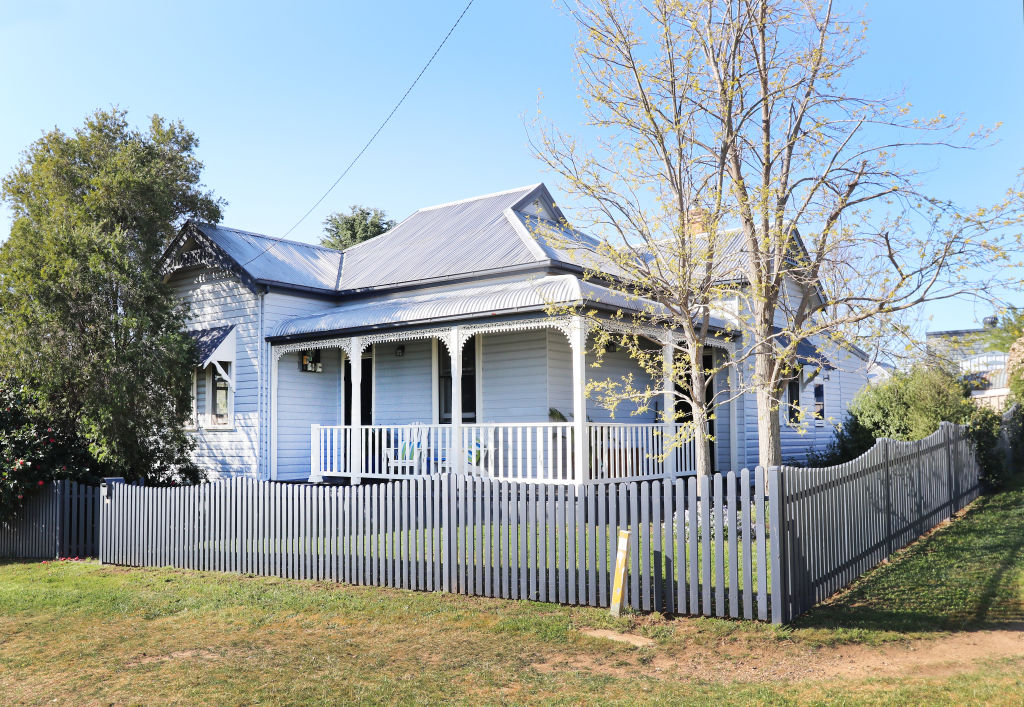Aug 13, 2024
Urban vs. Regional: Where to Invest in Australia’s Property Market?
Australia’s property market has always been a hot topic, especially as the country continues to grow and diversify its economic landscape. Investors, both seasoned and new, often grapple with a significant question: Should you invest in urban or regional property? Each option comes with its own set of advantages and challenges, and understanding these can help you make an informed decision that aligns with your financial goals.
The Urban Property Market
Urban areas in Australia, particularly cities like Sydney, Melbourne, and Brisbane, have long been the go-to destinations for property investors. These cities offer a plethora of opportunities and are known for their strong economic fundamentals.
Advantages of Investing in Urban Areas:
Higher Demand: Urban properties are always in demand due to the dense population, job opportunities, and lifestyle amenities. This consistent demand can lead to steady rental yields and the potential for capital growth.
Infrastructure Development: Cities often see significant government and private sector investment in infrastructure. This development can boost property values, as improved transport, shopping facilities, and public services attract more residents.
Diversified Market: Urban property markets are typically more diversified, offering everything from luxury apartments to budget-friendly units. This diversity allows investors to choose properties that match their budget and investment strategy.
Economic Stability: Major cities often have a more stable economic environment, with multiple industries supporting the local economy. This stability can translate into less volatility in property prices.
Challenges of Urban Investment:
High Entry Costs: Urban properties, especially in prime locations, come with a hefty price tag. The high cost of entry can be a barrier for some investors, requiring significant capital outlay.
Market Saturation: Some urban markets are becoming saturated, with too many similar properties competing for tenants or buyers. This can lead to lower rental yields and slower capital growth.
Regulatory Risks: Urban areas are subject to more stringent regulations, including zoning laws, development restrictions, and tenant protection laws, which can complicate the investment process.
The Regional Property Market
In recent years, regional Australia has gained attention as a viable alternative to urban investment. Regional areas offer unique opportunities and are becoming increasingly attractive as remote work becomes more prevalent and lifestyle changes drive people away from congested cities.
Advantages of Investing in Regional Areas:
Affordability: Regional properties are generally more affordable than their urban counterparts, making them accessible to a broader range of investors. Lower entry costs can also lead to higher relative yields.
Potential for Growth: Many regional areas are experiencing population growth as more people seek affordable housing and a better quality of life. This influx can drive demand for property, leading to potential capital appreciation.
Government Incentives: To encourage regional development, the Australian government often offers incentives to investors and homebuyers in these areas. These incentives can include grants, tax breaks, and relaxed planning regulations.
Lifestyle Appeal: The appeal of a quieter, more spacious lifestyle is drawing people to regional areas. This trend is particularly strong among families and retirees, creating a growing market for residential properties in these regions.

Challenges of Regional Investment:
Lower Demand: While regional areas are growing, they still lack the consistent demand seen in urban markets. This lower demand can lead to longer vacancy periods and potentially lower rental yields.
Economic Vulnerability: Regional areas often rely on specific industries, such as mining, agriculture, or tourism. Economic downturns in these industries can have a significant impact on property values and rental demand.
Limited Market: Regional property markets are generally smaller and less diversified, meaning fewer options for investors. Additionally, selling a regional property can take longer than in urban areas, which can be a drawback for those looking for liquidity.
Urban vs. Regional: Key Considerations for Investors
When deciding between urban and regional property investments, consider the following:
Investment Goals: Are you seeking capital growth, rental yield, or a combination of both? Urban properties tend to offer better capital growth prospects, while regional properties may provide higher rental yields.
Risk Tolerance: How much risk are you willing to take on? Urban properties are generally seen as lower risk due to consistent demand and economic stability, while regional properties can offer higher returns but come with greater volatility.
Market Research: Conduct thorough research on the specific area you’re considering, whether urban or regional. Look at factors like population growth, economic drivers, infrastructure development, and local government policies.
Diversification: Some investors choose to diversify their portfolio by investing in both urban and regional properties. This approach can help balance risk and take advantage of opportunities in different markets.
Both urban and regional property markets in Australia offer unique opportunities and challenges for investors. Urban properties provide the stability and growth potential of a mature market, while regional properties offer affordability and the chance to capitalize on emerging trends. The best choice depends on your individual investment goals, risk tolerance, and market knowledge. By carefully weighing the pros and cons of each, you can make a strategic investment that aligns with your financial future.
Whether you’re leaning toward the hustle and bustle of city life or the peaceful appeal of the countryside, Australia’s property market has something to offer every investor.